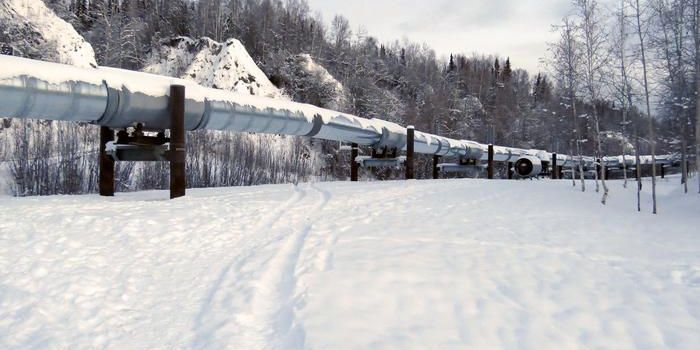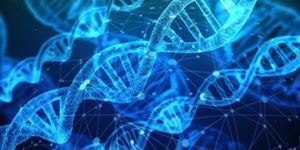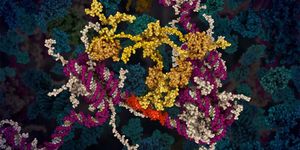Can a Chemical Be Both Nurturing and Destructive?
On August 4, a megascale explosion almost leveled half of Beirut, the capital city of Lebanon. At the center of the negligence-turned-tragedy accident is a nitrogen-rich fertilizer ammonium nitrate.
As a star fertilizer, ammonium nitrate provides crops an essential element for their growth - nitrogen. Even though the air is comprised of 78% nitrogen gas, no plant can "breathe" this diatom form of nitrogen. Instead, they can absorb and utilize its oxidized product nitrate. Naturally, lightening strikes oxidizes nitrogen gas and turn it into nitrates, which are then deposited by rain.
But unfortunately, this life-nurturing molecule has a "dark" side. When reaching its critical mass (the threshold amount of a specific chemical before it becomes explosive), a stockpile of ammonium nitrate becomes highly inflammable and dangerous. When the combustion speed exceeds the escaping speed of resulted heat and gas product - ammonia and nitrous oxide, the compound can exert massive power of destruction. This is why it has been the culprit behind many historical disasters.
Source: ACS Reactions via Youtube








